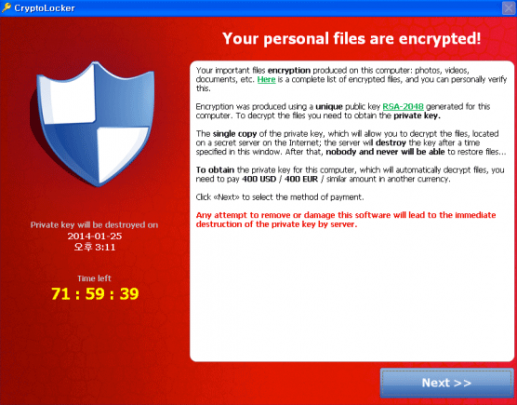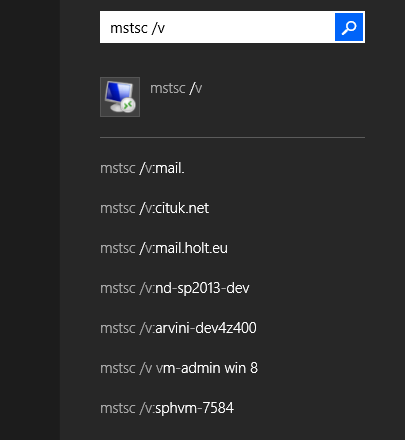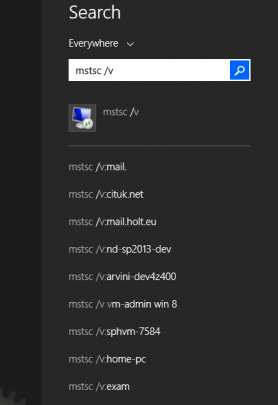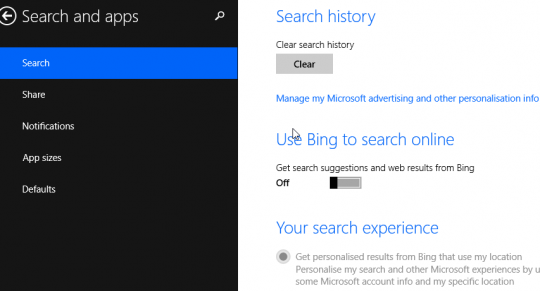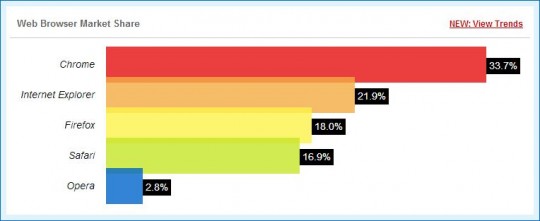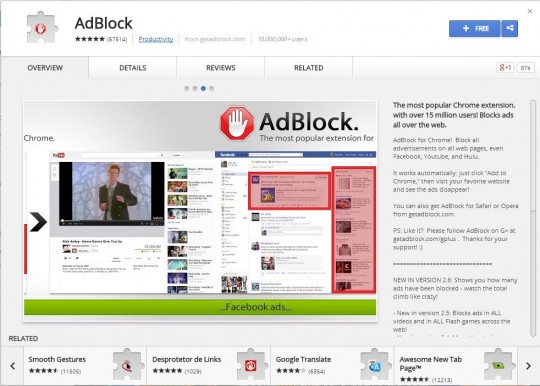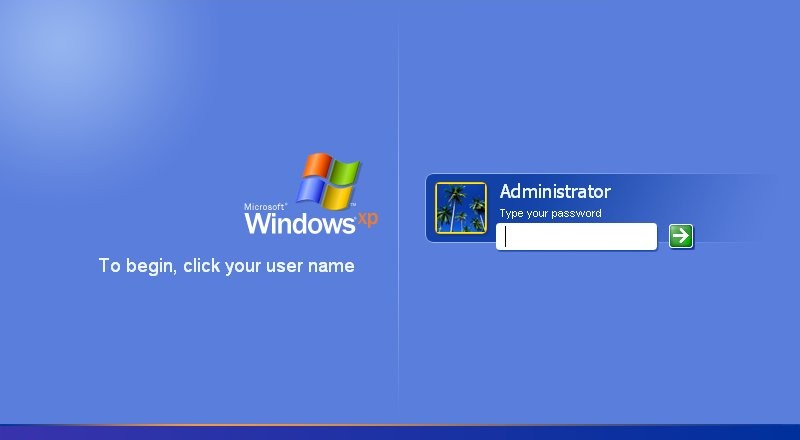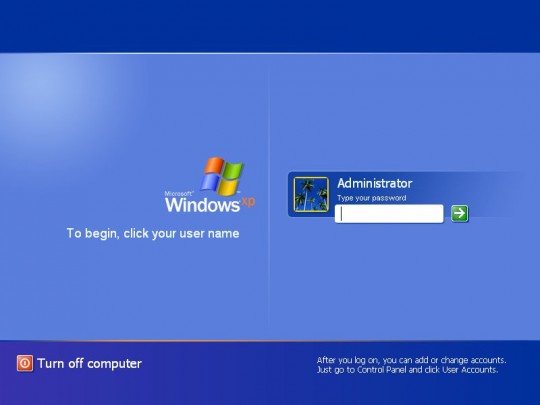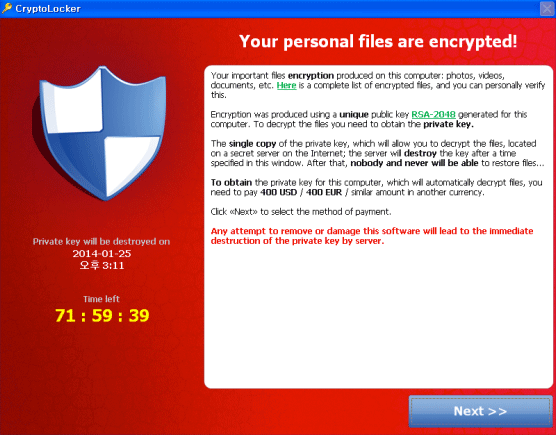
A fairly new CryptoLocker malware has been spreading via Yahoo Messenger, and if you’re infected it may cost you a fortune to retrieve your own data.
Look Before You Jump, Steer Clear of YOURS.JPG.exe
The CryptoLocker ransomware has been wreaking havoc among many users, disguising itself as a file named ‘YOURS.JPG.exe’, the malware will encrypt important system files, and basically locking out rightful owners from their computers and documents.
To regain access, the ransomware—as the name suggests—will demand ransom money from its victims. In this particular case, the CryptoLocker ransomware demands $400 for a key which will supposedly unlock the encrypted files. Once the ransom process is initiated, the malware will set off a timer that will destroy the key within a given amount of time if the exploiters don’t receive their fund.
Main Target: Yahoo Messenger Users
If you’re using Yahoo Messenger at home and especially at work, please take the necessary precautions to prevent this form of exploitation from happening to you. Recently CrytpoLocker has been targeting Yahoo Messenger users in the form of image attachments. First, we suggest you install the latest version of CryptoPrevent to keep CryptoLocker from infecting your computers. It is also highly advisable that you keep your antivirus/antimalware software up-to-date, as this will also shield your computers from various online attacks.
For more tips and tricks on what you can do to prevent these types of intrusions and attacks, please don’t hesitate to contact our IT professionals.
Read More



